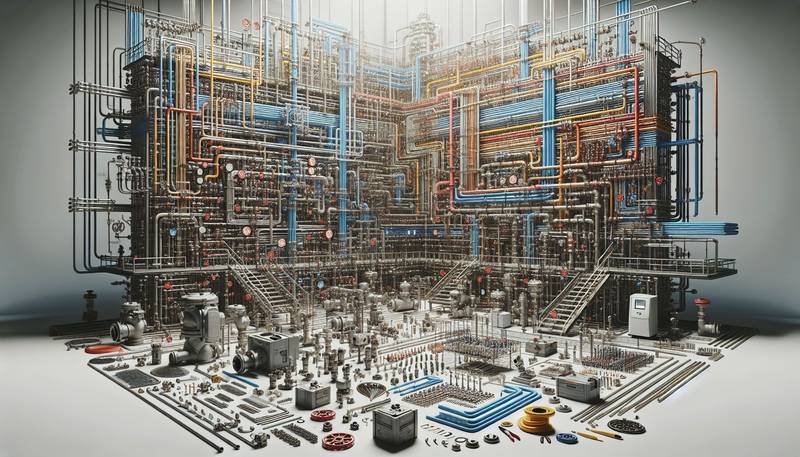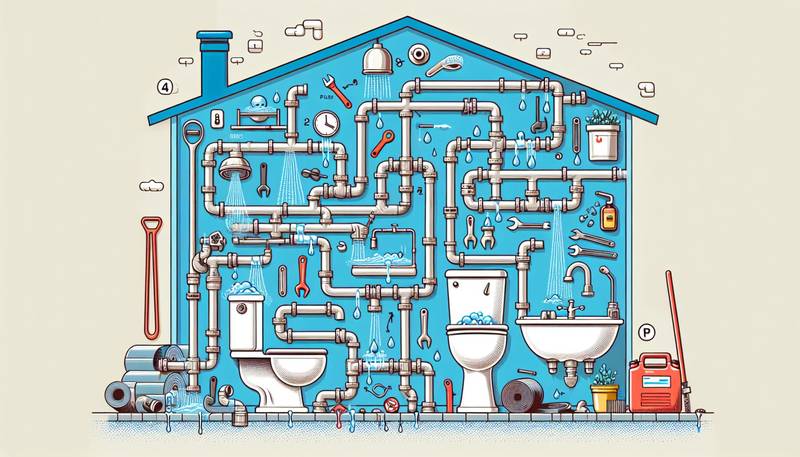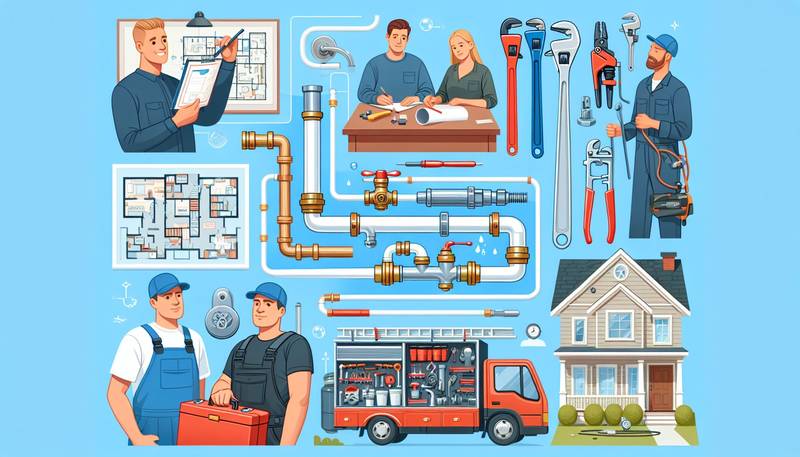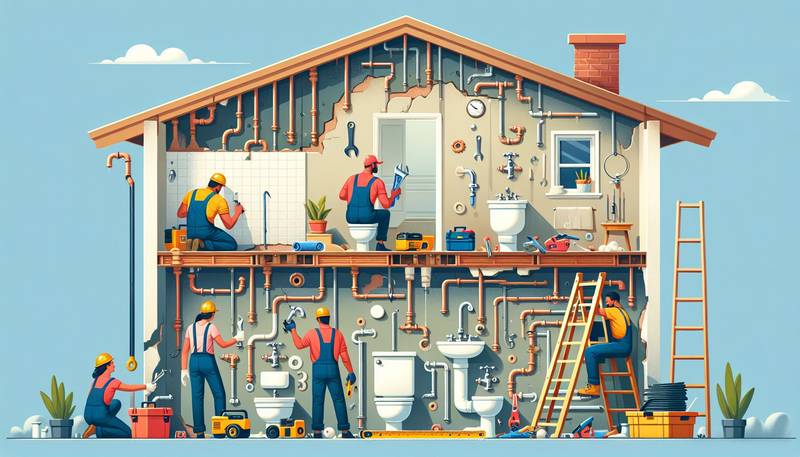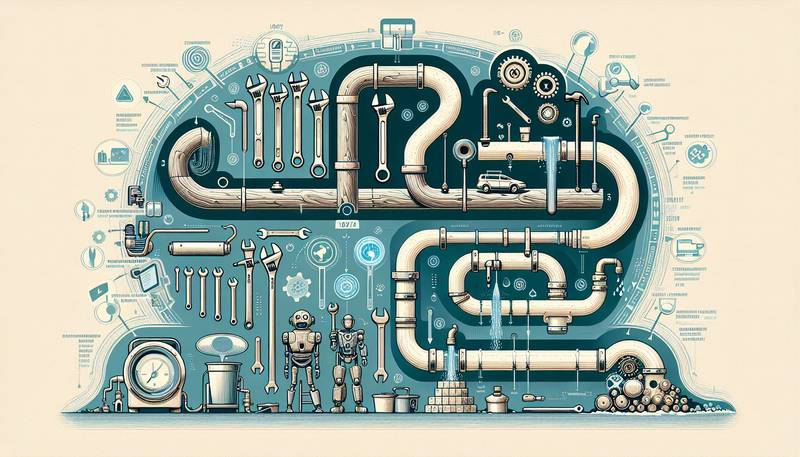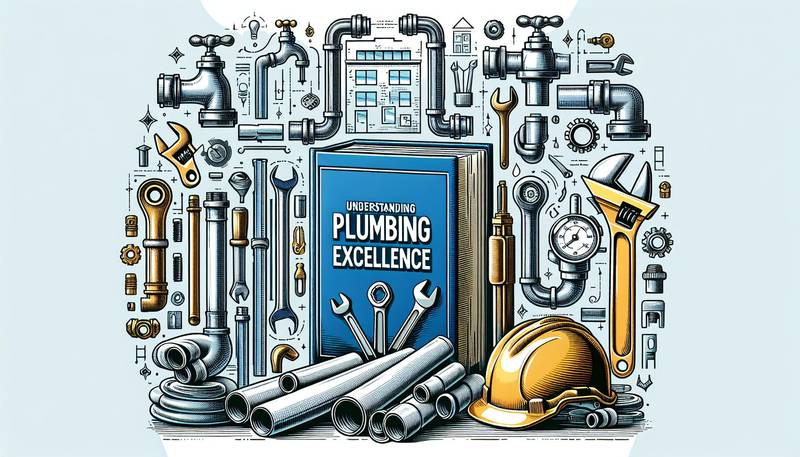Navigating the Complexities of Commercial Plumbing Projects
In this article, we will explore some of the key considerations and strategies for successfully managing commercial plumbing projects.
Planning and Design
One of the most important aspects of a successful commercial plumbing project is thorough planning and design. Before any work begins, it is essential to have a detailed plan that outlines the scope of the project, the timeline, and budget. Working with an experienced plumbing engineer or consultant can help ensure that the design meets building codes and regulations and is efficient and cost-effective.
Coordinating with Contractors
Commercial plumbing projects often involve multiple contractors, including plumbers, electricians, and general contractors. Coordinating with these different parties and ensuring that everyone is on the same page is crucial to the success of the project. Regular communication and site meetings can help keep everyone informed and address any issues that may arise.
Compliance with Building Codes and Regulations
Compliance with building codes and regulations is essential for any commercial plumbing project. Failure to adhere to these laws can result in fines, delays, and even legal action. Working with a knowledgeable plumbing engineer or contractor who is familiar with local building codes and regulations can help ensure that the project is in compliance.
Choosing the Right Materials and Equipment
Choosing the right materials and equipment for a commercial plumbing project is crucial to its success. The quality of the materials and equipment used can impact the efficiency and longevity of the plumbing system. Working with reputable suppliers and manufacturers can help ensure that the project uses high-quality materials that meet industry standards.
Budget Management
Managing the budget for a commercial plumbing project is essential to its success. Unexpected expenses can quickly derail a project if not properly managed. Working with a qualified plumbing engineer or contractor to create a detailed budget and regularly monitoring expenses can help keep the project on track financially.
Quality Control and Testing
Quality control and testing are crucial steps in any commercial plumbing project. Before the project is completed, all systems should be thoroughly tested to ensure they are functioning properly and meet industry standards. Regular inspections and quality control checks can help identify any issues early on and prevent costly repairs down the line.
Conclusion
Successfully navigating the complexities of commercial plumbing projects requires careful planning, coordination, and attention to detail. By working with experienced professionals, adhering to building codes and regulations, choosing quality materials and equipment, and managing the budget effectively, commercial plumbing projects can be completed on time and within budget. With the right approach, commercial plumbing projects can be a success.
